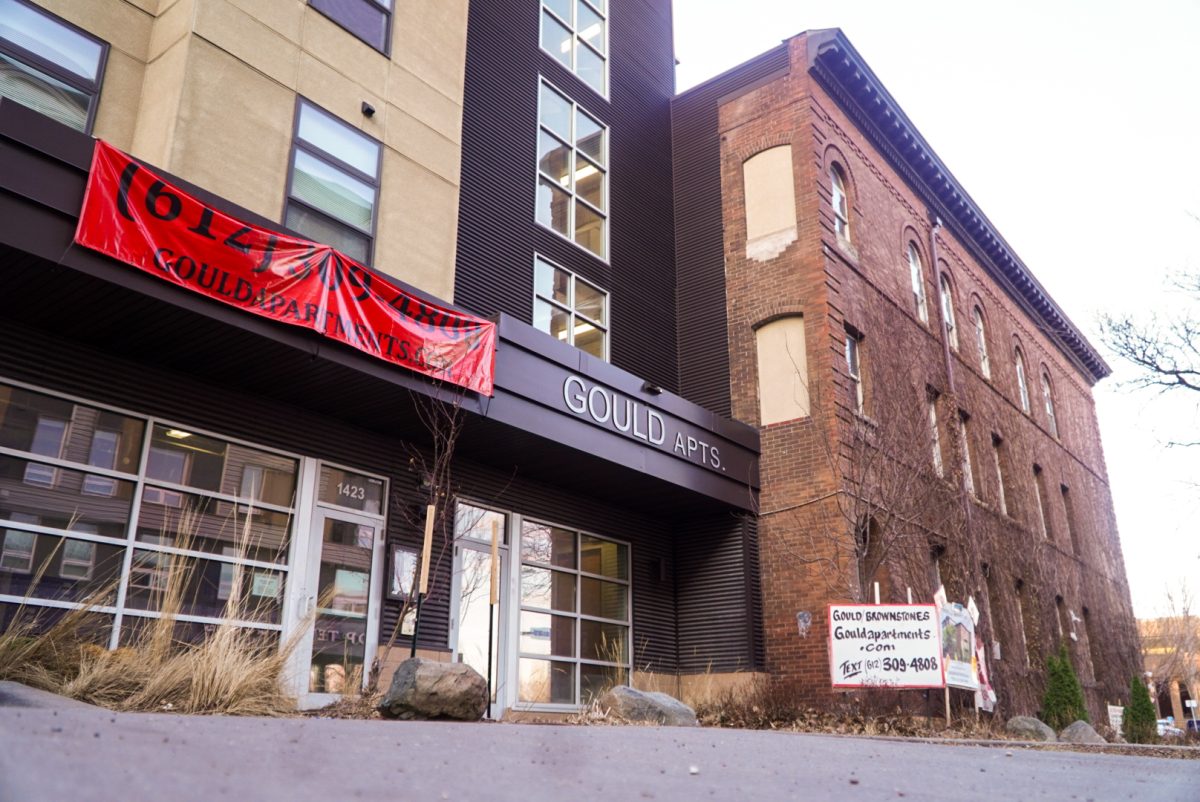The Hennepin County Sheriff’s Office is planning to add two University of Minnesota student-volunteers to a board that provides county feedback.
Sophomore Joshua Reece and junior Sabrina Toth — security monitors for the University — may soon join the Hennepin County Sheriff’s Community Advisory Board for a two-year term. The board has 30 members, and Reece and Toth would be the youngest ever.
“I want students who can represent our youth,” said Hennepin County Sheriff Richard Stanek. “We don’t have anyone under 25; I think that is what the Community Advisory Board is missing.”
Both students expressed interest in the positions in mid-January and have worked with the office since to figure out if they’re eligible. Stanek said the most important quality in a candidate is a concern for the community and law enforcement.
Toth said she was interested in the position because it allows for open communication between the Sheriff’s Office and the community, and because working as a volunteer would help her jumpstart a policing career.
One of her principle goals is to inform the sheriff of public safety issues unique to the University, she said. Because the school falls under multiple jurisdictions, that can be hard to distinguish. Toth said she could provide a clear view of campus safety.
Reece said his broad range of social and professional connections with students and those living off-campus would help him bring a variety of viewpoints to the board.
He hopes the role will help his public safety career, especially given the various training opportunities open to board members, like a tour of the Government Center and its inner workings.
“It’s an unpaid volunteer position, but it could lead to lots of opportunities, and it gives me a voice in the community at the county level.”
Karen Anderson, former mayor of Minnetonka and a 10-year member of the board, said she looks forward to student perspectives on the board, especially for discussions over abuse and violence against women on campus.
She said Stanek keeps in touch with the University of Minnesota Police Department Chief Matt Clark, but because the University has its own police department, the board would benefit from first-hand student knowledge. In turn, she hopes the students would benefit from the opportunities available to board members.
Stanek also hopes the students will take advantage of these opportunities to enhance their law enforcement education and prepare them for future careers in the field.
“University students, especially those who are studying criminal justice, are the future of law enforcement.”







